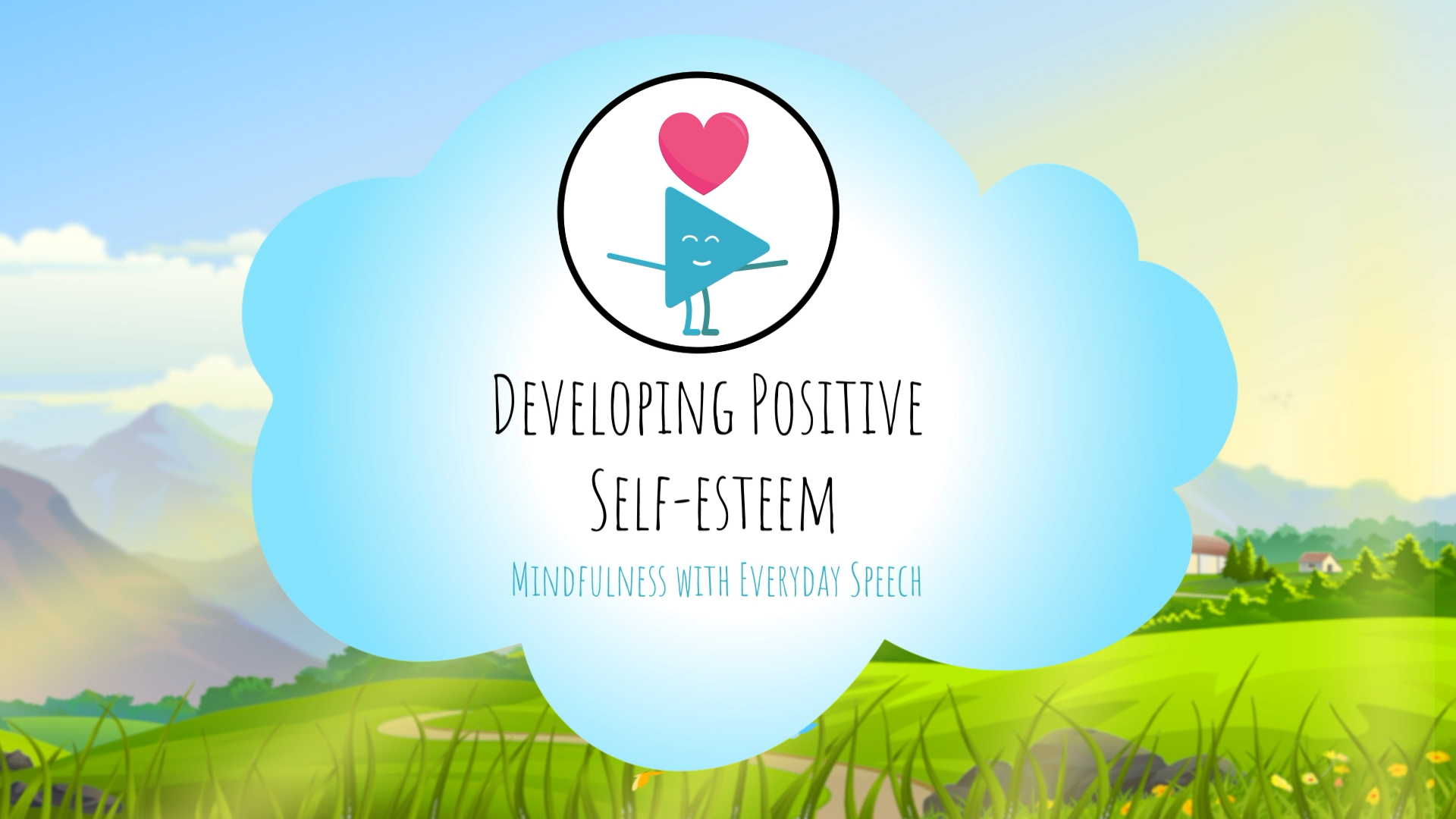Introduction
Self-esteem is a collection of beliefs we hold about ourselves. High self-esteem allows us to feel proud, accepted, and confident in our abilities, even when facing challenges or failure. It helps maintain a positive outlook during difficult times. Developing positive self-esteem is essential for students to feel confident in trying new things, socializing with friends, and enhancing their talents. Low self-esteem can lead to feelings of insecurity, a sense of not belonging, and giving up easily when faced with challenges. In this blog post, we will explore an activity that requires no preparation, discussion questions, and related skills to help educators build positive self-esteem in special education students.
No-Prep Activity: Positive Affirmations Jar
This activity promotes positive self-esteem by encouraging students to focus on their strengths and accomplishments. Here’s how to do it:
- Provide each student with a small jar or container.
- Ask the students to think about their strengths, achievements, and positive qualities.
- Have them write these positive affirmations on small slips of paper or sticky notes.
- Encourage the students to place their affirmations in their jars.
- During challenging moments, students can read their affirmations to remind themselves of their strengths and boost their self-esteem.
This activity requires no preparation or materials from the educator, making it an easy and effective way to build self-esteem in special education students.
Discussion Questions
Use these discussion questions to stimulate further conversations about self-esteem:
- What are some examples of situations where having high self-esteem can be helpful? How does it affect your ability to handle challenges?
- How do the people around you influence your self-esteem? How can you surround yourself with positive and supportive individuals?
- What strategies can you use to maintain positive self-esteem, even during difficult times?
- How does helping others contribute to building your self-esteem? Can you think of a time when helping someone else made you feel better about yourself?
- Why is it essential to practice self-compassion and self-acceptance when working towards building positive self-esteem?
Related Skills
Developing positive self-esteem in special education students goes hand-in-hand with several other essential skills:
- Growth mindset: Encouraging students to believe in their ability to improve and overcome challenges helps build self-esteem and fosters a love for learning.
- Goal setting: Teaching students to set realistic and achievable goals can boost their confidence and self-esteem as they work towards their objectives.
- Resilience: Helping students bounce back from setbacks and maintain a positive outlook promotes self-esteem and overall well-being.
- Emotional regulation: Supporting students in managing their emotions effectively can contribute to a healthy self-esteem and positive self-image.
Next Steps
Now that you have learned about the importance of building positive self-esteem in special education students and have an engaging no-prep activity to try, consider exploring more resources to support your students’ social-emotional learning journey. Sign up for free sample materials at Everyday Speech to access a variety of resources designed to help students develop essential life skills.






